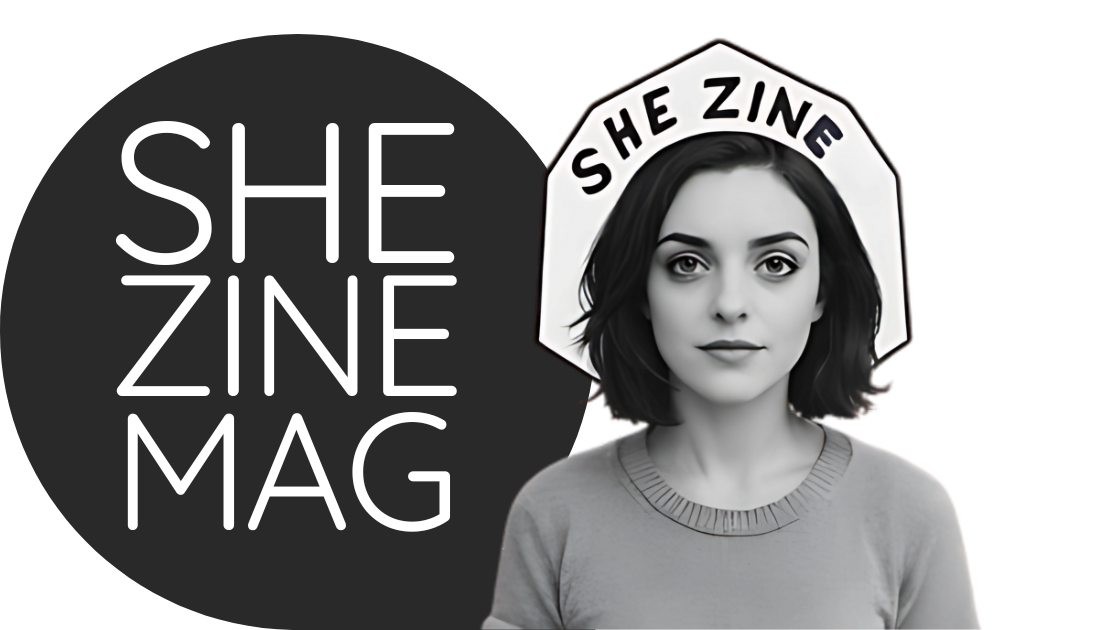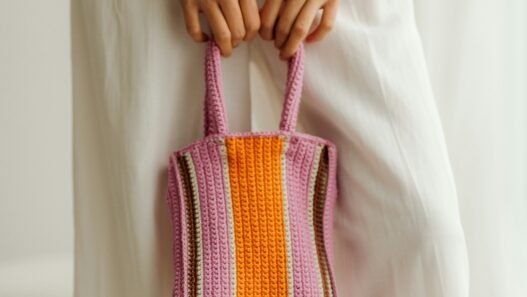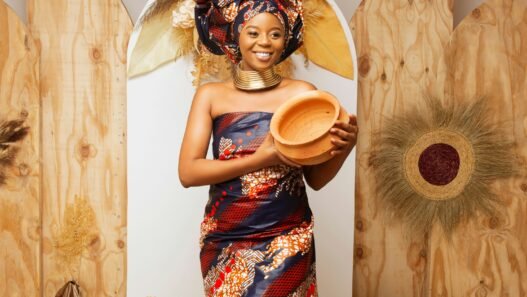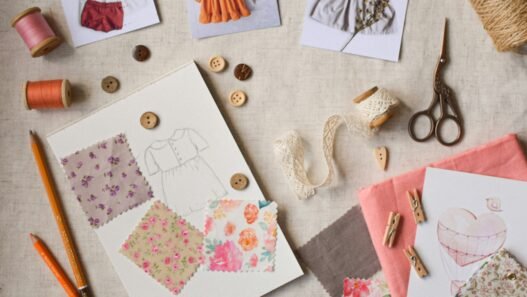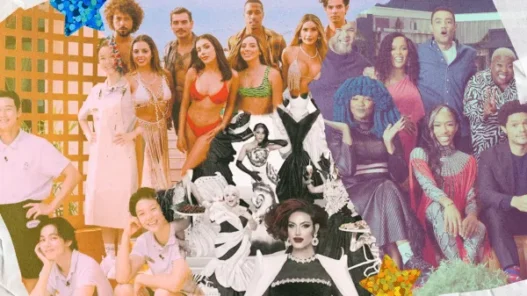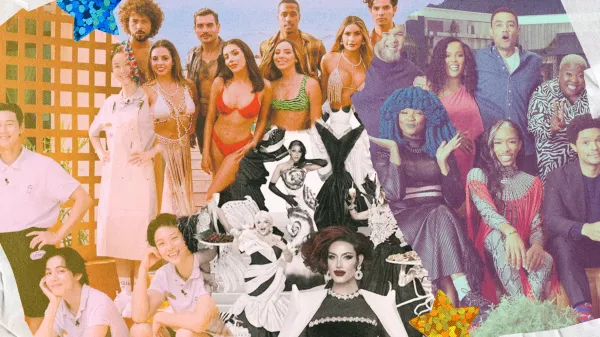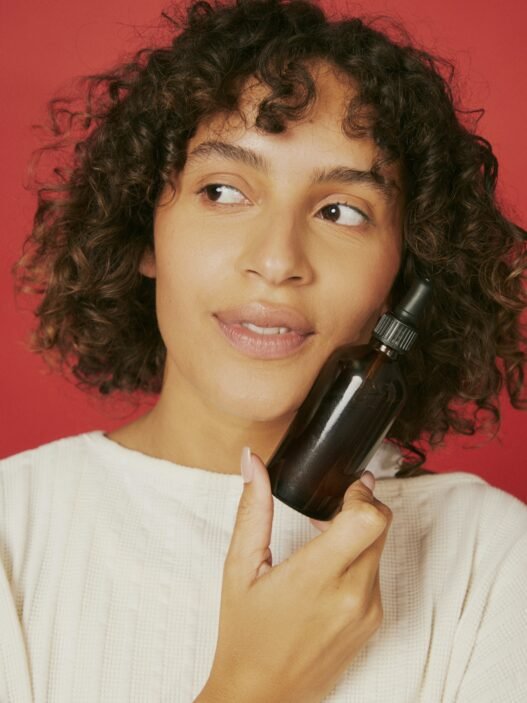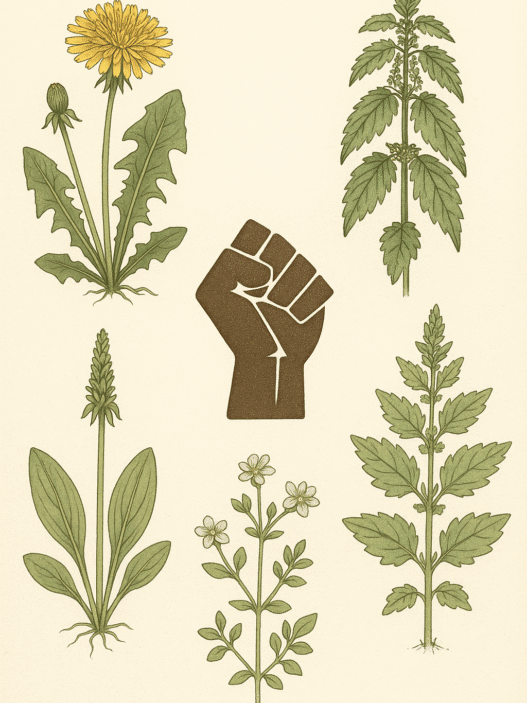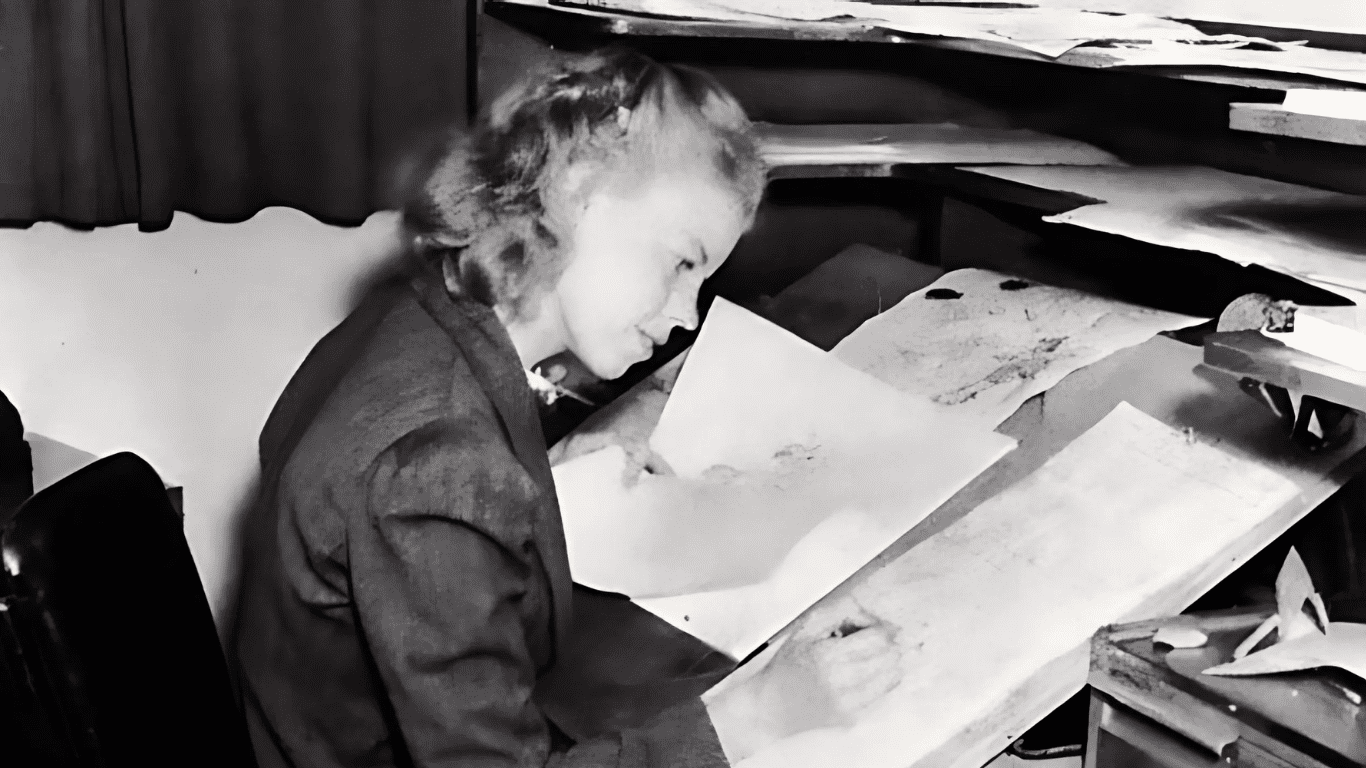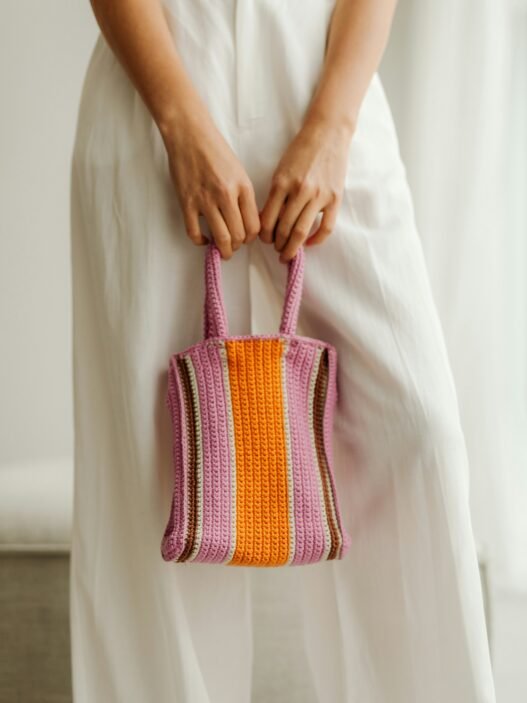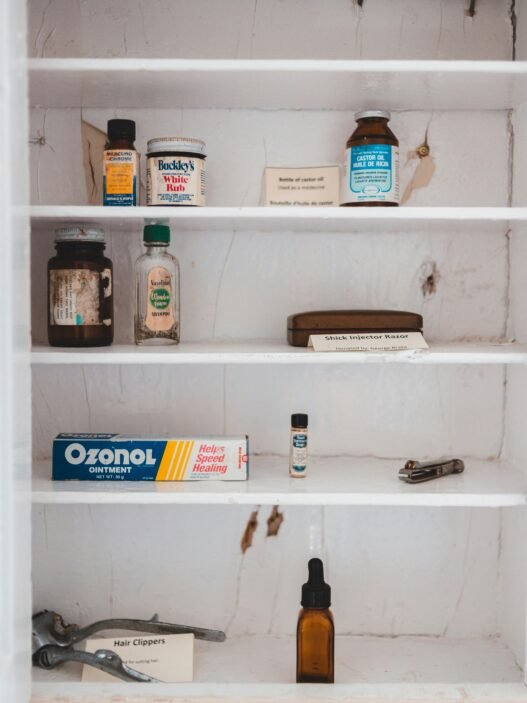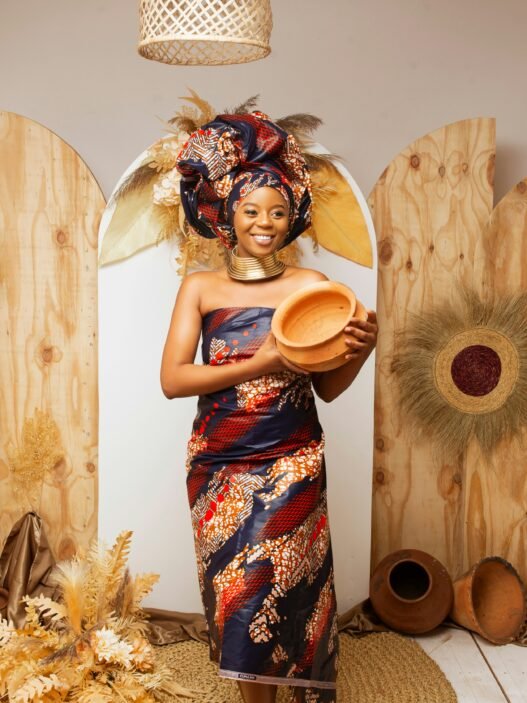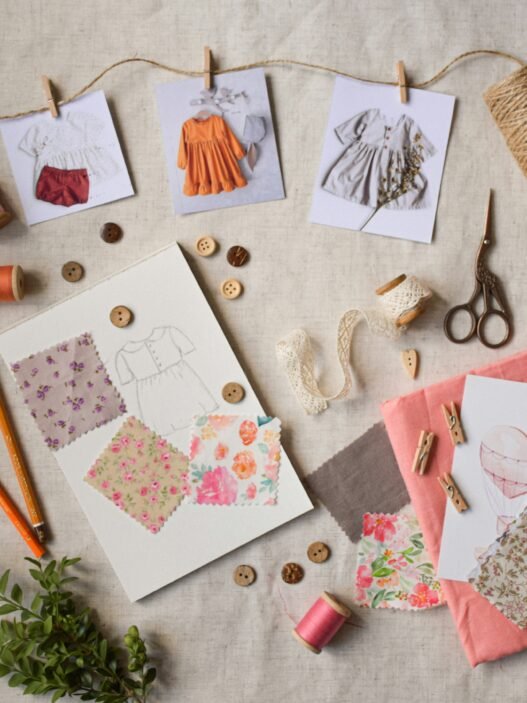From Guilty Pleasure to “Progressive” Goldmine
Once upon a time (read: the early 2000s), reality TV was the kind of thing you watched with the blinds closed. We pretended it was a guilty pleasure while inhaling entire seasons of America’s Next Top Model, The Simple Life, or The Bachelor like contraband. Women were mostly there to be humiliated, edited into villains, or transformed into cautionary tales.
You didn’t “binge” a reality show back then — you endured it. The formula was simple: give a bunch of women not enough food, too much alcohol, and zero privacy, then hand over the footage to a producer whose favourite editing tool was a chainsaw.
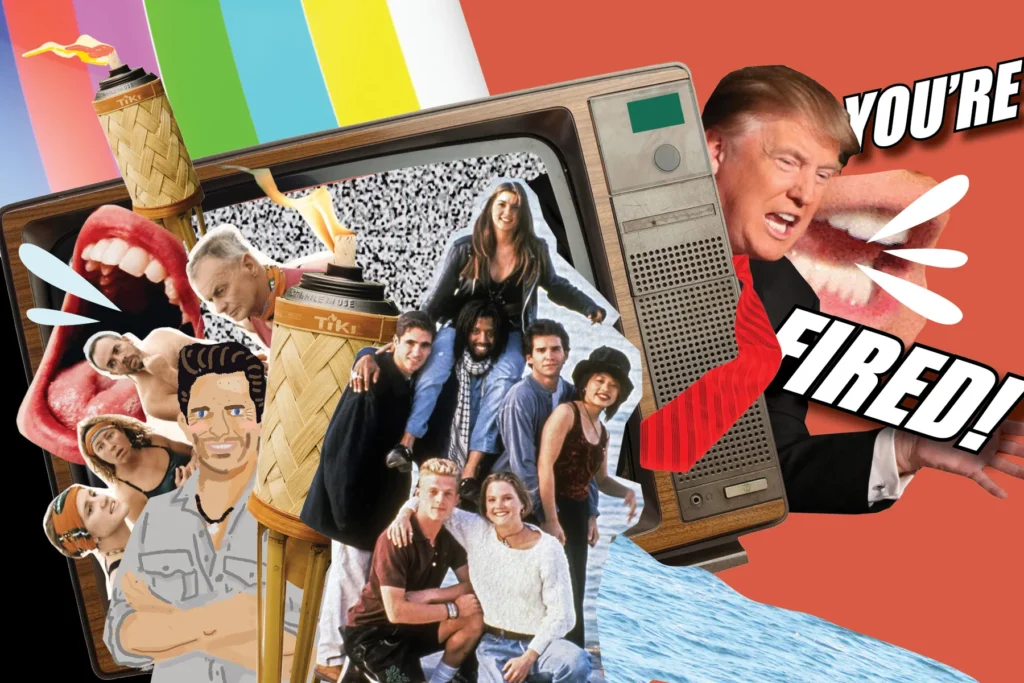
Fast-forward to 2025, and suddenly reality TV wants a seat at the feminist table. We’ve got shows centring queer love stories (The Ultimatum: Queer Love), women outsmarting men in high-stakes competitions (The Traitors), and contestants openly discussing therapy, boundaries, and consent. Producers are swapping catfights for community-building. Casts are more diverse. Editing is less cruel (mostly). It’s the “glow-up” we’ve been told we’ve been waiting for.
And you know what? In some ways, it’s true. We are seeing better representation. We are watching women and queer contestants win, not just survive. But as anyone who’s ever rewatched Project Runway Season 2 knows, a fresh coat of paint can hide a lot of cracks — especially if you don’t look too closely.
Representation is progress — but it’s not the same as liberation.
Why the Glow-Up Doesn’t Erase the Foundation
And yes — it’s better. Representation matters. But here’s the part we’re skipping in the group hug: a glow-up doesn’t erase the foundation. Reality TV is still a capitalist product built to be addictive, emotionally manipulative, and profitable above all else.
Even with the feminist veneer, the same old mechanics keep grinding away:
- Contestants still work brutal, unpaid hours, with alumni from Project Runway revealing 12-hour days without overtime. This isn’t “passion for the craft” — it’s free labour with a camera crew.
- Consent remains conditional, especially when producers imply that more screen time depends on crossing personal boundaries.
- Editing tricks — Frankenbites — still manufacture drama, stitching unrelated clips into fake conflicts (Love Is Blind, Selling Sunset).
- Representation is selective: queer and BIPOC contestants may be more visible, but fat, disabled, and trans participants remain rare tokens.
- Post-show harassment goes unchecked, with women of colour enduring disproportionate online abuse while networks shrug and move on to casting the next season.
- Villain edits still happen without warning, turning participants who signed up for light competition into season-long antagonists (The Bachelor, Survivor).
- Therapy is mined for spectacle instead of treated with dignity (Love After Lockup).
- “Empowerment” arcs still centre male approval or redemption through romance (Queer Eye, early RuPaul’s Drag Race seasons).
This is the messy truth: progress and exploitation are coexisting in the same frame.
Tokenism Isn’t Liberation
Let’s be clear: representation without protection isn’t progress — it’s a trap.
Yes, we’re seeing more queer couples and women of colour in the spotlight. But they’re often expected to carry the weight of “representation” for their entire community. Every move is scrutinised. Every word becomes a soundbite for or against an entire demographic.
Meanwhile, fat women, disabled women, and trans contestants remain the rare, “brave” exceptions. And when they do appear, they face the kind of online vitriol that would make a troll blush. Representation is not liberation if the cost is being thrown to the wolves as soon as the credits roll.
The Harsh Reality of “Kind” TV
Even the shows branded as soft, wholesome, and kind — your pottery competitions, baking challenges, and craft-offs — are still edited for emotional highs and lows.
That tearful backstory you saw? Filmed over multiple takes. That underdog victory? Built in the edit suite, spliced with swelling music and carefully timed reaction shots. It’s not cruelty, but it is manipulation — a reminder that reality TV is never actually real.
When we talk about “good” reality TV, we have to remember: the kindness is curated. The tears are scheduled. The redemption arcs are mapped out before the first apron or clay lump is handed over.
How the “Feminist” Label Gets Weaponised
Networks aren’t giving us this glow-up out of the goodness of their hearts. They’ve figured out that “feminist,” “inclusive,” and “diverse” are marketable keywords. A rainbow flag in the trailer and a woman in the winner’s seat make the show seem progressive, without changing the underlying exploitation.
This is PR activism — the kind that makes you feel like progress is happening so you’ll keep watching, tweeting, and buying merch. It’s the corporate equivalent of that contestant who swears they’re “not here to make friends” but still cries on camera for a better edit.
Further Watching: Where It Works — and Where It Doesn’t
Nails the Glow-Up:
- The Traitors — Women dominate gameplay without it being treated as a novelty.
- We’re Here — Queer joy and activism at the centre, not the margins.
- Glow Up — A competition show where artistry and individuality matter more than drama.
- The Great Pottery Throw Down — Kindness and craft over cruelty and clickbait.
Fails the Glow-Up:
- Love Is Blind — Still built on manipulative edits and unrealistic expectations.
- The Bachelor — Cosmetic diversity masking the same old marriage plot.
- Selling Sunset — Catfights with better handbags.
- America’s Next Top Model (retro) — A masterclass in exploitation disguised as “industry realism.”
Action Checklist: Watch Without Being Played
1. Clock the Tokenism
If the “diversity” looks like a single contestant carrying an entire community’s representation, call it what it is.
2. Demand Fair Casting
Push for open, transparent casting calls that actually seek fat, disabled, trans, and BIPOC contestants — not just photogenic “diversity.”
3. Follow the Contestants Post-Show
Engage with their own platforms, not just network edits. Boost their work, not the network’s press cycle.
4. Hold Networks Accountable
Tweet the receipts. Email the sponsors. Drop the criticism where it stings — in public, and in their metrics.
5. Don’t Fall for the Frankenbite
When a “villain” edit feels suspicious, remember: production built that narrative. Don’t feed the harassment machine.
6. Support Ethical Shows
Reward the programs that back up their optics with actual care for contestants. Ratings speak fluent capitalism.
7. Keep the Conversation Going
Talk about the cracks in the glow-up with your friends, on your feeds, and in your communities. Awareness without silence is resistance.
The Receipts Are In — Now What?
Reality TV’s feminist rebrand is worth celebrating — but only if we keep pulling back the curtain. The fight is for representation that actually changes the conditions behind the scenes — fair pay, safe environments, meaningful diversity — not just prettier optics in the promo reel.
Progress without critique is propaganda. And we’ve had enough of that.
→ Subscribe to The Edit
→ Submit Your Work
→ Meet the Team (some of us aren’t real… on purpose)
→ Follow @shezinemagazine
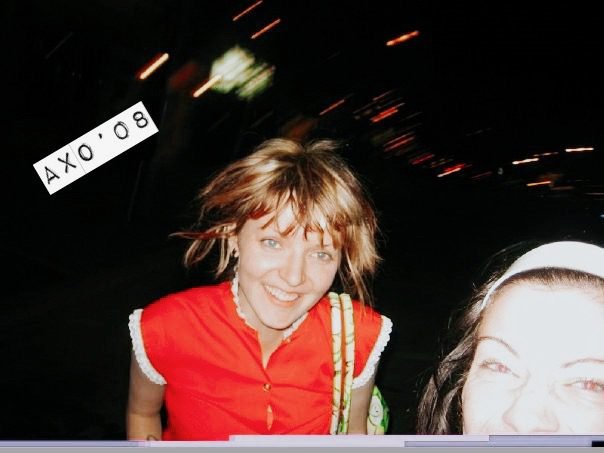
AXO (she/her) is a multidisciplinary creator, editor, and builder of feminist media ecosystems based in Toronto. She is the founder of She Zine Mag, Side Project Distro, BBLGM Club, and several other projects under the AXO&Co umbrella — each rooted in DIY culture, creative rebellion, and community care. Her work explores the intersection of craft, technology, and consciousness, with an emphasis on handmade ethics, neurodivergent creativity, and the politics of making. She is an advocate for accessible creativity and the power of small-scale cultural production to spark social change. Her practice merges punk, print, and digital media while refusing to separate the emotional from the practical. Above all, her work invites others to build creative lives that are thoughtful, defiant, and deeply handmade.



